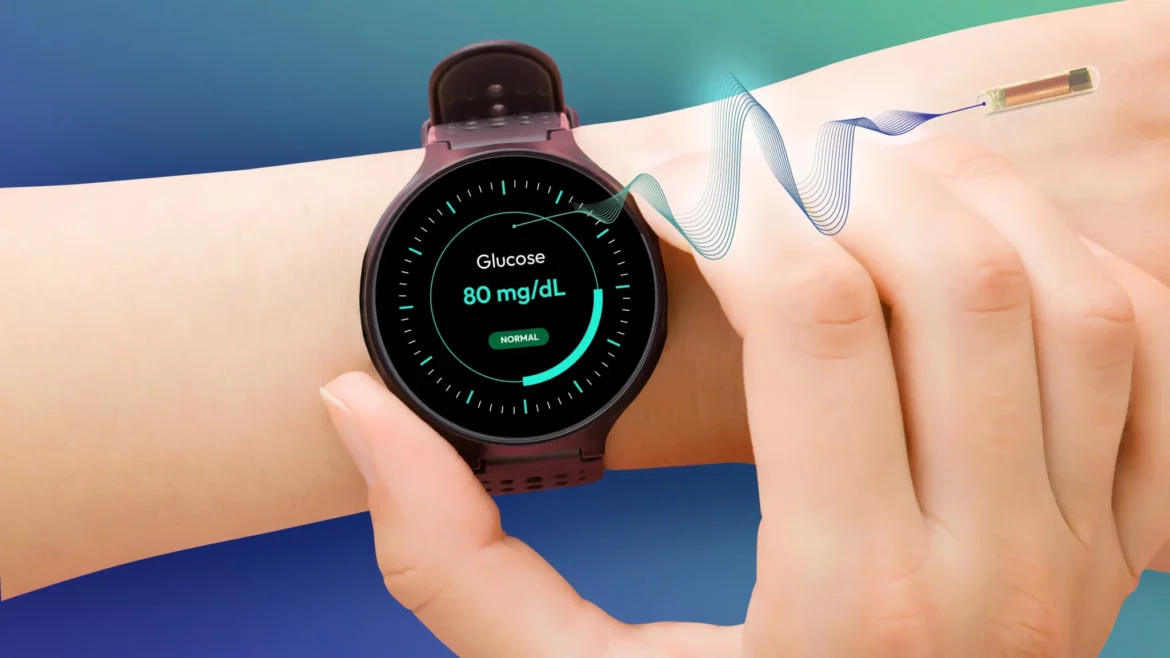A prototype of an optical implant created by Polish startup Walletmed enables accurate and continuous glucose testing without the need for replacement. This is a breakthrough in the field of glucose monitoring.
“Preclinical tests of our prototype on pigs brought great news about the effectiveness of the implant. The study clearly shows a high correlation between the results obtained optically with our new device and the results of Abbott’s FreeStyle Libre. Similarly, in the case of standard blood glucose testing with a needle and syringe”, says Walletmed CEO and co-founder Wojciech Paprota.
The optical implant being developed by Walletmed has the potential to significantly improve the lives of people with diabetes and other metabolic diseases. The device eliminates the need for constant finger pricking and sensor replacement. For patients, this means not only convenience, but also savings of several hundred to several thousand PLN per year.
According to Walletmed’s plans, the optical implant is expected to hit the market in 2025. Its target size is just 3 mm by 16 mm, making it invisible and comfortable to wear. The startup is planning to introduce an optional smartwatch, which will read data from the implant, and a mobile app based on advanced bioinformatics.
Walletmed is an innovative biotech startup founded by a group of professionals who have united their skills, passion, and experience to bring revolutionary changes to medicine. Their mission is to transform healthcare by implementing novel methods to monitor various metabolic processes and create a comprehensive, self-sustaining medical ecosystem.
Glucose testing is just the beginning. The startup intends to use the technology to measure other metabolites in the intercellular fluid. The company is also starting to collaborate with Polish scientists on high-resolution pulse oximetry.
Arkadiusz Słomczyński





